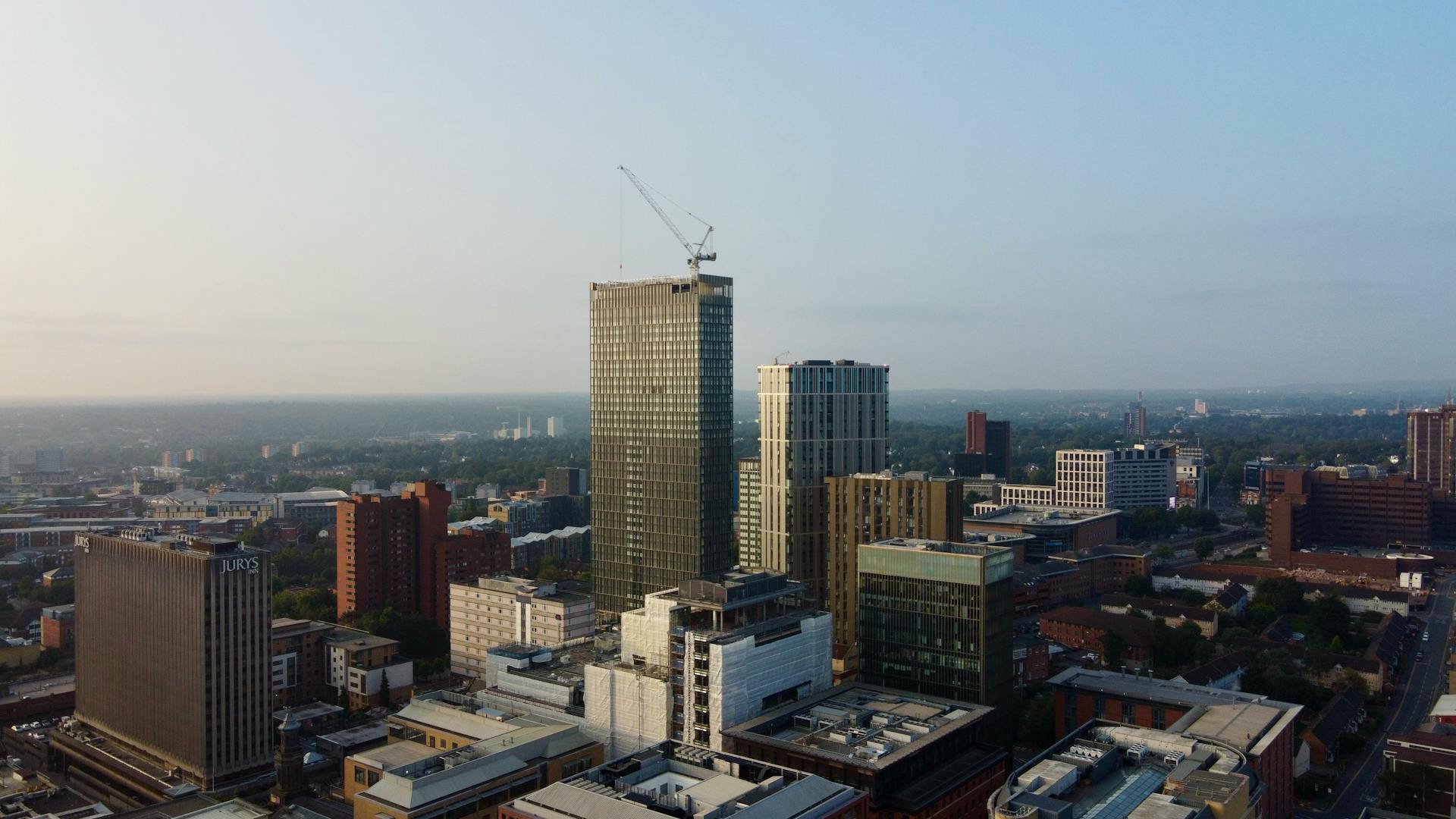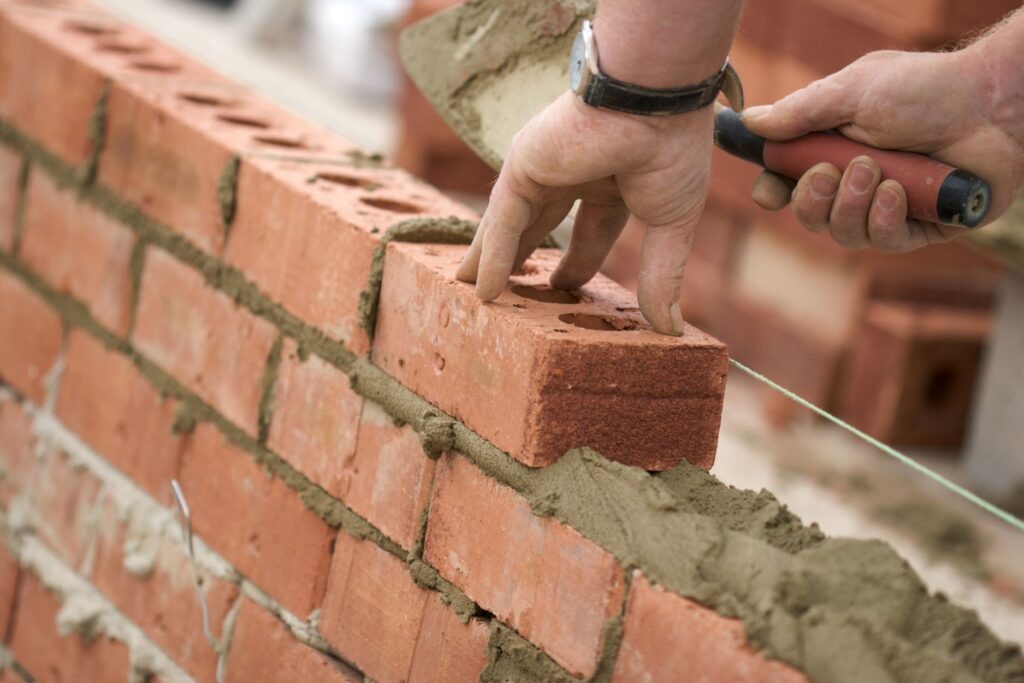The latest Crane Survey, an annual review of construction activity in major UK cities, has once again provided valuable insights into the urban development landscape of Birmingham. This survey serves as a barometer for the city’s economic health and development trajectory, with the number of cranes dotting the skyline often seen as a direct reflection of the vibrancy of its construction and real estate sectors. Birmingham’s performance in the latest survey highlights a city in the midst of transformation, driven by significant investment in infrastructure, commercial, and residential projects. Here, TK Property Group examines the findings of the Crane Survey and discusses its implications for Birmingham’s urban development.
Construction Activity: A Sign of Economic Vibrancy
The latest Crane Survey reveals a sustained level of construction activity in Birmingham, indicating a robust economic outlook for the city. This is particularly evident in the sectors of residential development, office space construction, and the revitalisation of public spaces. Such activity not only reflects investor confidence but also points to a city gearing up to meet the demands of its growing population and evolving business landscape.
Residential Developments
A key finding from the survey is the significant number of residential projects underway. This surge in housing development is a response to Birmingham’s growing population and the need to accommodate a diverse demographic, from students to professionals and families. The focus on residential construction not only aims to address the housing shortage but also to enhance the city’s liveability by offering a range of housing options, from luxury apartments to affordable homes.
The implications of this trend are profound, suggesting a shift towards more dense urban living patterns. It also underscores the city’s commitment to creating vibrant, mixed-use neighbourhoods that support a dynamic urban lifestyle. For investors and developers, the strong demand for housing presents opportunities for substantial returns, while for residents, it promises improved housing choice and quality.
Commercial and Office Spaces
The Crane Survey also highlights significant investment in commercial and office spaces, reflecting Birmingham’s ambition to become a leading business hub in the UK. The development of new office spaces, particularly those with innovative, flexible work environments, is designed to attract a new wave of companies and talent to the city. This is particularly timely, given the evolving nature of work post-pandemic and the increasing attractiveness of Birmingham as a business location outside of London.
For the city’s urban development, this trend towards creating modern, sustainable workspaces is critical. It not only supports economic growth by attracting businesses but also contributes to the creation of lively urban centres where people can work, live, and play. Furthermore, it signals a shift in Birmingham’s economic base, from its industrial roots to a more diversified economy focused on services and technology.
Revitalisation of Public Spaces
Another notable aspect of the Crane Survey is the emphasis on revitalising public spaces. Projects aimed at enhancing parks, squares, and waterfronts are pivotal, as they improve the quality of life in the city and make it more attractive to both residents and visitors. This focus on public realm improvements reflects a broader trend towards creating more liveable, sustainable cities.
The revitalisation of public spaces has far-reaching implications for Birmingham’s urban development. It not only enhances the city’s aesthetic appeal but also promotes social cohesion and environmental sustainability. Moreover, it supports the city’s tourism industry by making Birmingham a more inviting destination for visitors.









